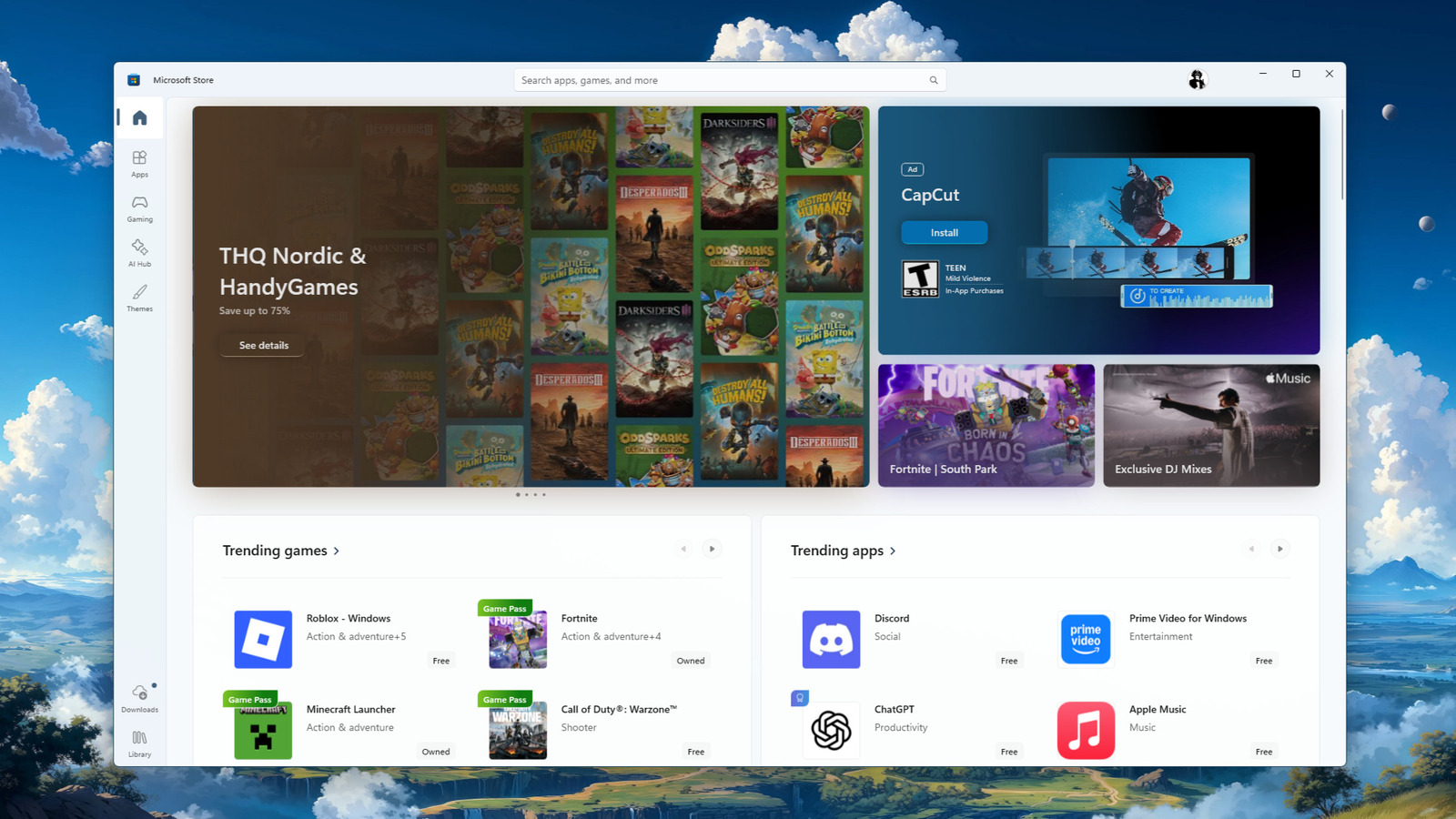HLB International is celebrating the success of its inaugural Innovation Symposium.
The event set out to give professional services a first-hand look at what innovation means in their ecosystem, gathering key partners to explore key trends that should be adapted to and prepared for.
“One of the key objectives of our symposium is to question what we need to change and be ready for,” says Abu Bakkar, HLB’s chief innovation officer. “To find the answers, we wanted to explore what our members are doing across technology, culture and innovation to foster a sense of kinship.”
In this exclusive interview with UKTN, Bakkar outlines his ambitions to tackle risk-adversity in professional services and how technology is set to transform the accountancy and advisory landscape over the next few years.
How do you encourage digital transformation and adoption among professionals who may be more risk-averse?
We are in a profession that handles a lot of sensitive data, so cyber security has always been a top priority. This factor has never been more important against a backdrop of advancing AI, but there is also a chance that this pace of change creates a risk-averse environment.
From a framework perspective, the ISO 56000 is the foundational standard for innovation management and as a network, we opted for a standardised approach. Each of our member firms have different appetites for risk, so my main objective is to ensure that I take the framework and build it into an accounting firms’ model to implement it on a wider scale. This gives the reassurance that innovation can happen within a safe environment.
We are also developing a global framework for our members which details AI best practices. The goal is again to empower people to change their mindset toward innovation while feeling assured that all necessary precautions are in place.
With these efforts in mind, the truth is that eventually a firm will need to decide if they are partner-led or technology-led, and we are seeing a real shift toward businesses opting for the latter.

How do you balance the need to drive innovation across HLB’s network with the practical constraints of legacy systems, differing regional capabilities and regulatory environments?
We have a large and diverse network. Some of our member firms, particularly those who work with larger and more complex firms, are slower to react to new technologies and innovations in the market due to regulatory constraints. To balance this, we work closely with regulators to modernise the regulatory landscape and make it more fitting for today’s market.
Because we operate in so many different geographies, we need to maintain a level of flexibility. We believe innovation sits at the firm level and not the global level, and each business views and measures innovation differently. We would simply be unable to create alignment across our entire network, so we need to allow firms to think about innovation the way they want to but provide guidance and encouragement.
What emerging technologies do you believe will most significantly reshape the advisory and accountancy sector over the next few years? How is HLB preparing to leverage these developments?
It is not an overstatement to suggest that AI technology is changing the entire landscape. The technology is not just having an impact on in-house capabilities, but it is also transforming our job market.
Formerly we would turn to universities for recruitment, but that is shifting as we look to candidates with a technology focus. The original partner model we had is being disrupted as the junior skilled workers, who conducted predominantly research-led tasks, are being taken over by AI. The reality is that if our firms are too slow to embrace change, they risk finding themselves unprepared for succession.
To reference a recent quote by Salesforce’s CEO Marc Benioff, this could be the last generation of CEOs that work with a human-only workforce. Our role at HLB International is to successfully educate members on AI’s capabilities and limitations while exploring how it will further change our industry.
“We are still discovering the most effective ways to scale and share technology best practices across our network”
With a network spread across different countries and markets, how do you ensure that innovation and best practices in technology are shared and scaled effectively?
As mentioned, we believe innovation sits with our member firms, so our role is to gather and share these developments across the network.
We are looking to push guidance on how to be innovative on a global scale using a common language or structure that can be shared across different geographies and markets. We host events such as our Innovation Symposium and have a global newsletter that highlights select firms’ achievements across the network.
Truthfully, we are still discovering the most effective ways to scale and share technology best practices across our network. But throughout this journey, we have realised that our members are receptive to change.
Over the next five years, what would success look like for HLB’s innovation and technology strategy?
Our goal is to have a network that is known for providing innovative services to our clients and having that also reflected in our culture. We have a clear technology strategy aimed at positioning us as a key innovator in our industry. While we are not yet widely recognised as a tech leader, that is changing.
Historically, firms have struggled to integrate technology into their services in a way that generates revenue – but that is slowly shifting. We are not only seeing a growing adoption of AI, but also the emergence of technology as a tangible part of the services firms can offer.
In my view, we are about halfway there. Our vision is to cultivate more leaders and service providers who embrace technology across the industry, and we aim to play a key role in making that vision a reality.







